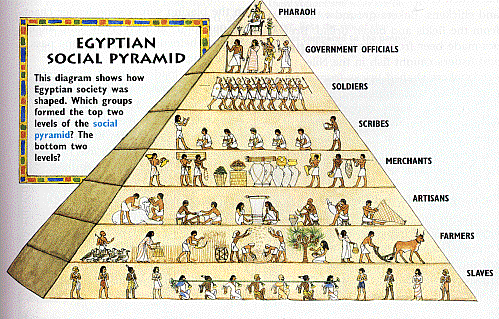

For millennia, this strategic location together with the fertile land of the delta of the Nile River valley provided sustained agriculture for growing grain crops, rich green vegetation, and raising animals and fowls to provide meat, milk, wool, fur, and other food products. This strategic geographical location links northeast Africa to the Middle East, making Egypt readily accessible to the African, European, and Asian continents connected through the Suez Canal waterway.

Egypt’s millennial history dates back to the period of the Pharaohs and the Great Pyramids of Giza. Third, as a result, of the first two factors, Egypt has been experiencing abundantly diverse staple food sources for millennia.Įgypt is a country situated in northeastern Africa bordered by the Mediterranean Sea from the north and the Red Sea from the East. Second, the annual inundation of the Nile River transports fresh layers of silt-rich fertile soil, which provides stable agriculture and supports cultivating various food crops and raising livestock. First, the existence of the Nile River provides reliable, rich silted soil for growing various staple crops. Three factors have contributed to the development and continuation of the 5000-year Egyptian food culture. This article aims to examine the under-researched area of the influence of the traditional food culture of Ancient Egypt on the transition of the cuisine and food culture of contemporary Egypt, and how the Pharaohs employed food to achieve longevity during their life and prepare for successful admission into their afterlife. However, ancient Egyptian food culture has not received adequate scholarly investigations as did the Pharaohs, Pyramids, and mummies. Because the ancient Egyptians meticulously kept descriptive records, there is a considerable body of archaeological evidence and hieroglyphic accounts regarding ancient Egyptian tangible food history and culture. Food played an essential role in performing religious rites, mummification, coronation and wedding banquets, burial ceremonies, and particularly in preparation for entering eternal life in the afterlife. Ancient Egyptians devoted a sizable portion of Pharaonic history to food, both as nourishment and for the preparation for the mythical religious experience on the journey into eternal life. Further, the Nile River provides a source of drinking water, fishing, and raising livestock for meat and dairy products for making halloumi and kariesh cheeses. The Egyptians mainly rely on this annual natural event to grow various staple food crops, including emmer wheat for making bread, vegetables for cooking molokhia, fruits, and legumes for making koshary. As the flood water recedes, it leaves in its wake a rich layer of fertile, volcanic dark soil deposits.

Annually, melting snow cascading from the mountains in the highlands of the south triggers the Nile River to flood on its journey northbound toward Egypt.

Because of the largely arid desert landscape of Egypt, for millennia, Egyptians have been closely connected to living alongside the narrow fertile banks of the Nile River.


 0 kommentar(er)
0 kommentar(er)
